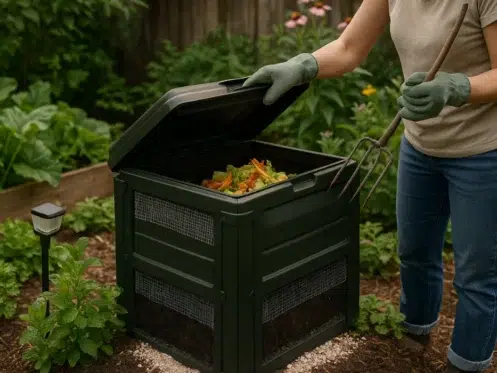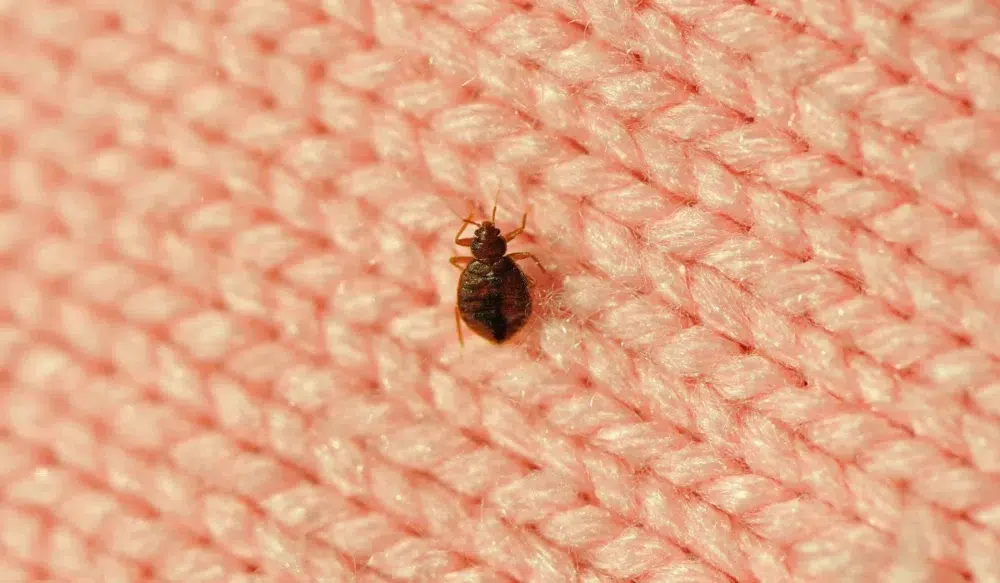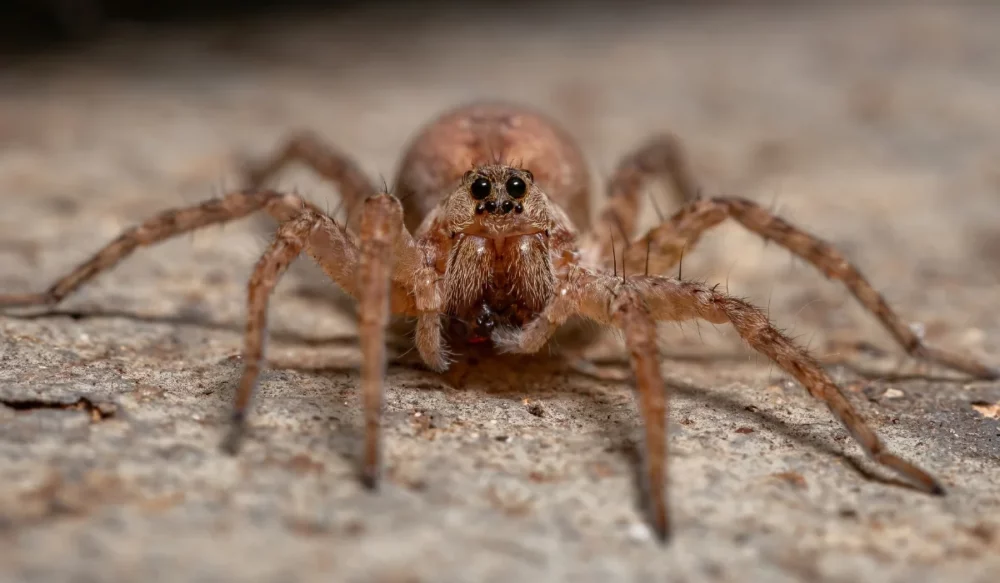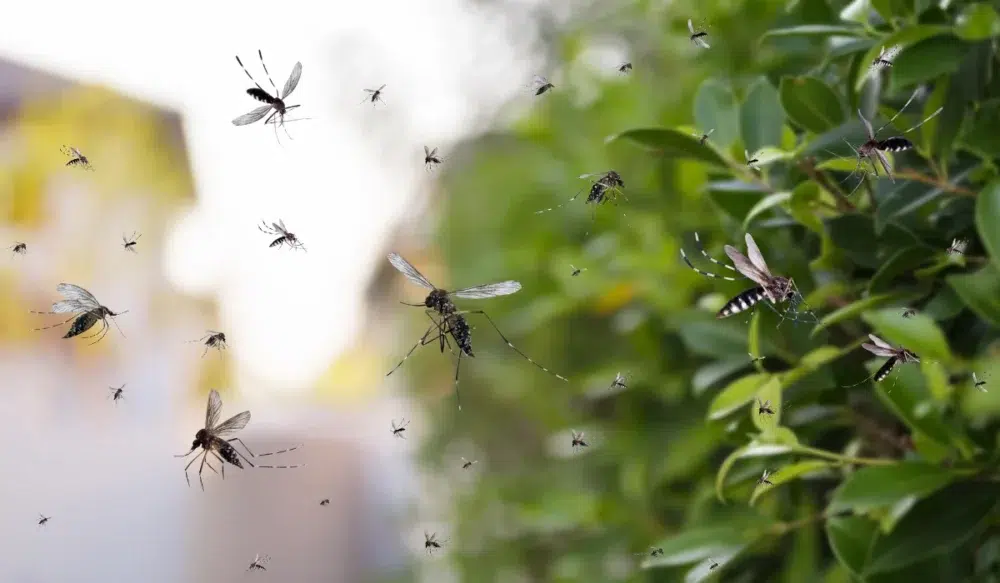Composting is one of the best ways to recycle food scraps and create nutrient-rich soil for your garden.
But if you’re not careful, your compost bin can attract all sorts of unwanted critters, raccoons, rodents, flies, and even wasps.
The good news? You can keep pests out without ruining your compost system or harming your garden’s health. Here’s how.
Key Takeaways
- Avoid adding cooked food and meat to reduce pest attraction.
- Secure your compost bin with a tight-fitting lid and wire mesh base.
- Maintain proper moisture levels and balance green and brown materials.
- Natural pest control methods like diatomaceous earth help repel insects safely.
Why Pests Are Drawn to Compost Bins
Your compost bin is a buffet for pests if it’s not managed correctly. Food waste, such as fruit peels, coffee grounds, and eggshells, can attract raccoons, rodents, and houseflies from far away. If you compost kitchen scraps without a proper structure, pests will come looking for an easy meal.
Critters are mostly drawn to:
- Strong-smelling food scraps like onions or overripe fruits
- Excess moisture that creates soggy, smelly conditions
- Poor aeration slows the decomposition process
- Open bins that offer easy access and shelter
If you live in Phoenix, Scottsdale, or anywhere else in Arizona, pests like rodents and raccoons are active year-round thanks to our mild winters. That means your compost pile needs year-round attention, too.
Pest Control for Your Compost Bin: Best Practices
Choose the Right Type of Compost Bin
Some compost systems naturally do a better job of deterring pests. Closed bins with locking lids or rotating tumblers keep animals out more effectively than open piles.
- Tumbler composters offer easy aeration and are hard for pests to access.
- A DIY bin should be reinforced with hardware cloth or wire mesh at the base and sides.
- Add a tight-fitting lid if your bin doesn’t already have one.
Be Selective With Food Scraps
Not all organic matter belongs in your compost heap. Some kitchen scraps attract more pests than others when it comes to pest control.
Avoid adding:
- Cooked food
- Meat, bones, or dairy
- Oily or greasy leftovers
Stick to safe food scraps like banana peels, coffee grounds, vegetable trimmings, and eggshells. These still provide rich organic material without the pest-attracting smell of cooked food.
Balance Green and Brown Materials
A healthy compost pile needs a proper ratio of green (nitrogen-rich) and brown (carbon-rich) materials. Excess green material creates smells that attract insects.
Try to maintain a balance like this:
- Green materials: food waste, coffee grounds, fresh yard trimmings
- Brown materials: dry leaves, wood chips, shredded newspaper
This balance speeds up the decomposition process, making the bin less appealing to pests.
Control Moisture Levels
Soggy compost piles attract pests because of the smell. To avoid this:
- Add dry leaves or shredded paper if the pile seems too wet
- Keep your compost pile as moist as a wrung-out sponge
- If you live in a rainy area, cover your bin to prevent excess water
Dry piles won’t compost well, but overly wet piles attract pests and smell bad. You’ll know you’re getting it right when the pile breaks down quickly and smells earthy, not sour.
Keep It Moving With Aeration
Turning your compost regularly with a garden fork or by rotating a tumbler boosts airflow and helps the materials decompose faster. Proper aeration also deters pests by preventing odors that attract them.
A slow, smelly compost pile invites pests. A fast, hot composting system rarely does.
Bury Food Scraps
Always bury kitchen scraps deep within the compost heap rather than leaving them on top. This keeps smells down and makes it harder for houseflies or fruit flies to find a place to lay eggs.
If you’re doing worm composting, bury the food in different corners of the bin each time to keep it balanced and prevent fly issues.
Natural Pest Control Methods for Compost Bins
Chemical sprays aren’t an option here; you want to protect your vegetable garden, after all. But there are safe, natural ways to handle pest problems in and around your compost system.
Use Diatomaceous Earth
This powdery substance, made from fossilized algae, is safe for your garden but deadly to soft-bodied insects. Sprinkle it lightly around the base of your compost bin to deter ants, larvae, and maggots.
Add a Physical Barrier
Line the base of your bin with hardware cloth or wire mesh to keep out digging pests like raccoons or rodents. This is especially helpful if your bin sits directly on soil.
Relocate Bird Feeders
Bird feeders near compost bins can attract unwanted animals. Keep feeders at least 20 feet away to reduce the chance of raccoons or squirrels stopping by both areas.
Keep the Area Clean
Fallen food scraps and spilled compost around your bin attract pests. Sweep up droppings, scattered kitchen waste, or food residue that might have missed the bin.
Signs Your Compost Bin Has a Pest Problem
Not sure if you’ve got a problem yet? Here’s what to look for:
- Fly swarms: Large numbers of fruit flies or houseflies hovering around the lid or sides
- Maggots or larvae: Often found in overly wet piles with exposed food waste
- Raccoon tracks or droppings: Evidence of nighttime raids
- Chewed edges or tunnels: Rodents may gnaw through plastic bins or dig underneath
Can Pests Harm Your Compost?
Pests in small numbers won’t ruin the composting process, but large infestations can:
- Disrupt the balance of microbes
- Spread droppings that introduce pathogens
- Make your bin unsafe or unsanitary to use near a vegetable garden
That’s why pest control for compost bins is about prevention first. Catch issues early, and you won’t need to undo damage later.
Composting Safely in Arizona Climates
In places like Phoenix, Chandler, and Tucson, heat can be both a benefit and a challenge. Compost breaks down quickly in hot weather, but so do pests breed quickly.
During the summer:
- Turn compost more often to speed up decomposition
- Monitor moisture levels daily to avoid soggy conditions
- Avoid adding kitchen scraps unless you can bury them immediately
Worm composting and hot composting methods both work well in Arizona, but need more care in high heat. You’ll get faster results and fewer pests if you stay on top of maintenance.
When to Call for Professional Help
If you’ve done everything right and still find signs of infestation, rodent tunnels, heavy fly activity, or raccoon damage, it might be time to get help.
At Green Home Pest Control, we offer eco-conscious pest solutions designed to protect your home and garden.
Feel free to give us a call, whether it’s rodents in your compost pile or insects swarming your backyard; we’re here to help you get ahead of the problem safely.
FAQs
How do I keep raccoons out of my compost bin?
Use a secure lid and place hardware cloth under the bin. Don’t add meat, dairy, or cooked foods. Raccoons are scavengers that love those.
Are fruit flies in my compost bin a bad sign?
Not always. But if there’s a swarm, your pile may be too wet or scraps too exposed. Bury them and mix in more dry materials like shredded paper.
Can I compost kitchen waste without attracting pests?
Yes. Stick to raw fruit and veggie scraps, bury them well, and keep the pile turned and balanced with dry materials like leaves or cardboard.




